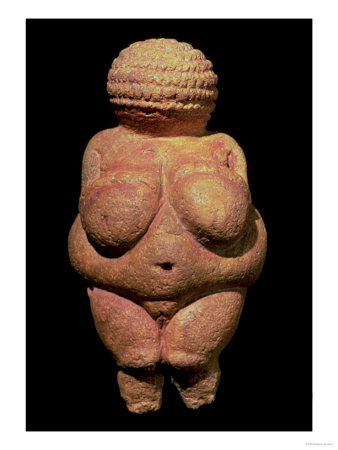Jake
Once a Buckeye, always a Buckeye
‘17 The Deuce Champ
Fantasy Baseball Champ
'18 The Deuce Champ
Brewtus;2088187; said:What exactly is "spirituality"? I've never understood the meaning of that word and find it to be such a vague and ambiguous term that it really doesn't describe anything at all. It seems to be used by people who don't follow the mainstream doctrines of the major religions, but also don't consider themselves atheist. It's as if they believe in something, but they're not sure exactly what and have even less support or guidance for their beliefs since they don't have any divinely inspired doctrine to turn to.
I used the term myself years ago, when I no longer considered myself Christian but also wasn't willing to call myself atheist either. It was a transitional description that I used but looking back it really didn't have any meaning to me. I'm not saying that everyone who claims to be "spiritual" is only in a transitional period from believing in god to becoming atheist, but I also don't think that it's a useful term as it doesn't clarify or explain anything.
Good question.
My guess is people use it similarly to the word "deist" - essentially, belief in a supreme being but with no prescribed dogma. Deist was the term I used for myself until I realized I couldn't even hold on to that level of supernatural belief.
Whether "spirituality" is different is up to someone who is "spiritual" to define, I suppose.
Upvote
0





